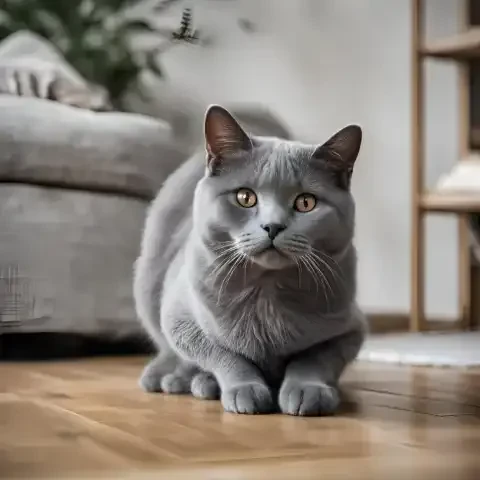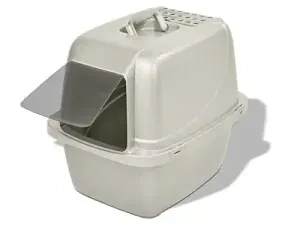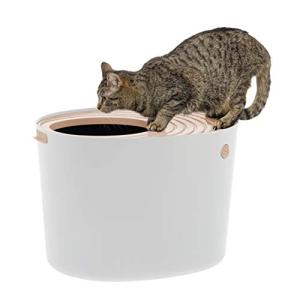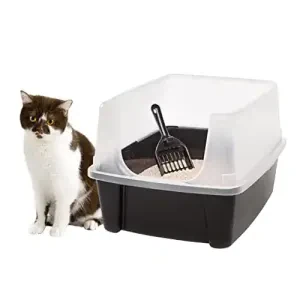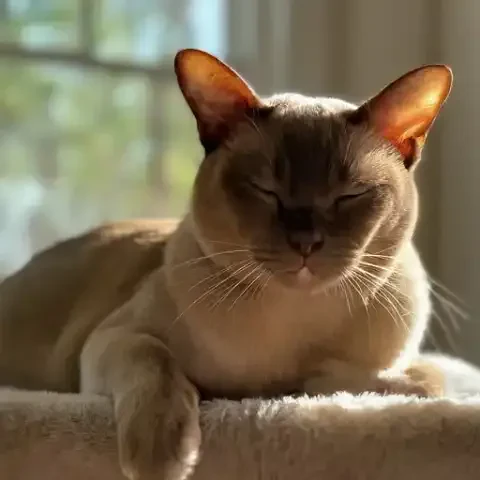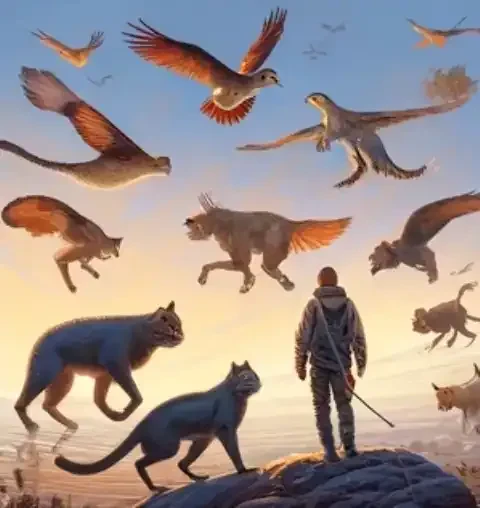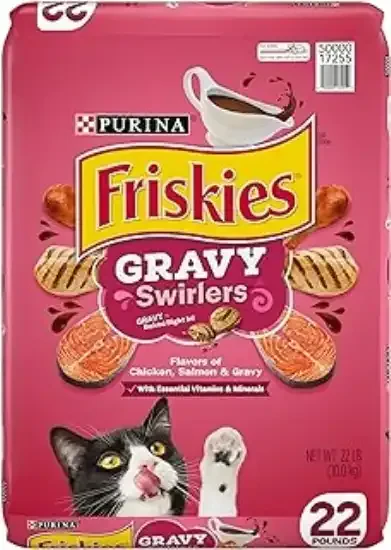Choosing a name for a new cat is more than just a simple task; it’s a ritual, a declaration of love, and the very first step in welcoming a unique personality into your home. It's a decision laden with sentiment, a whispered promise of companionship and affection that will echo every time you call your feline friend. Across the globe, cats reign supreme as beloved household companions, their purrs a comforting constant in millions of homes. From majestic Maine Coons to sleek Siamese, from playful kittens to dignified seniors, each cat deserves a name that reflects their individual charm and the special place they hold in our hearts. But in the vast ocean of potential monikers, certain names rise to the surface, whispered more frequently, chosen more often – they become, in essence, the most popular cat names of all time.
This article embarks on a delightful journey into the fascinating world of cat names. We will delve into the trends that have shaped feline nomenclature across decades, revealing the names that have consistently charmed pet owners and secured their place at the top of the popularity charts. More than just listing names, we aim to uncover the stories behind these chosen monikers, exploring the cultural influences, societal shifts, and enduring appeals that dictate how we christen our purrfect companions. Join us as we unravel the secrets of the "most popular cat names of all time," discovering the trends, cultural touchstones, and timeless allure that define how we name the creatures who so gracefully and mysteriously capture our hearts.
In the earliest days of feline companionship, the concept of a formal, human-like name for a cat was likely quite different from what we understand today. For centuries, cats were primarily valued for their practical skills as mousers, keeping homes and granaries free from rodents. Their names, therefore, were often functional and descriptive, reflecting their role or perhaps a prominent physical characteristic. Imagine ancient Egyptians whispering "Mau" (simply meaning "cat" in their language) or early farmstead felines being called "Mouser," "Catch," or simply "Blackie" or "Fluffy," based purely on coat color or texture. These weren't necessarily individualized pet names in the modern sense, but more akin to labels that served a practical purpose. The idea of a cat having a name as distinct and carefully chosen as a human name is a relatively more recent development, linked to the evolving perception of cats as beloved family members rather than solely working animals.
As our relationship with cats deepened and they transitioned from primarily utilitarian roles to cherished companions, cat naming trends began to evolve. Over time, we see a gradual shift away from purely descriptive or functional names towards more personalized and “human-like” names. This evolution mirrors the broader cultural change in how pets are viewed – no longer just animals kept for work or convenience, but integral members of the family. This increasing humanization of pets has profoundly influenced the names we bestow upon them, with a noticeable trend towards names that would not be out of place on a human child's birth certificate. Early literature and media played a role in this shift. Think of classic children’s books featuring named cats, characters who, while feline, possessed distinct personalities and were addressed with proper names, subtly normalizing the idea of cats deserving individualized and affectionate monikers.
The phenomenon of "popular" cat names, names that consistently crop up across households and generations, really began to solidify as pet ownership became more widespread and formalized. The rise of pet registries, veterinary databases, and pet insurance companies provided avenues for tracking name trends, allowing us to observe which names resonated most with cat owners. Surveys and anecdotal evidence from animal shelters and rescue organizations further contributed to our understanding of popular feline nomenclature. As these data points emerged, it became clear that popular cat names weren't random; they reflected the cultural values, aesthetic preferences, and even the prevailing trends of each era. They became a fascinating barometer of societal shifts, subtly mirroring our collective tastes and affections. What was considered a charming or appealing name for a cat in the 1950s might differ significantly from the popular choices of the 2020s, revealing a fascinating tapestry of changing cultural sensibilities woven into the very names we choose for our feline companions.
Delving into the most popular cat names reveals recurring categories, archetypes of feline nomenclature that have stood the test of time. One of the most consistently popular categories is that of classic human names. Names like Max, Bella, Chloe, Lucy, Oliver, Charlie, Sophie, Lily, and Jack are perennial favorites, appearing time and time again on top cat name lists. The enduring appeal of these names lies in their timelessness, their familiarity, and their simple, pleasant sounds. They are easy to remember, pronounce, and readily understood by everyone, further solidifying the trend of humanizing pets by gifting them names traditionally reserved for people. Choosing a human name for a cat reinforces their status as a family member, blurring the lines between pet and person in our affections.
Another consistently popular category is descriptive or appearance-based names. These names are straightforward, immediately evocative, and often highlight a key visual characteristic of the cat. Think of names like Shadow, Snowball, Ginger, Patches, Smokey, Tiger, Midnight, and Goldie. Their enduring popularity stems from their simplicity and directness. They instantly paint a picture of the cat’s appearance, making them easy to grasp and appreciate. A "Snowball" is clearly a white cat, a "Ginger" a reddish-orange one, and a "Midnight" undoubtedly boasts a coat as dark as the night sky. These names are functional in a charming way, immediately conveying a key visual identifier while still possessing a certain endearing quality.
Moving beyond the purely visual, we find a category of personality and affection-based names. These names aim to capture the perceived temperament or express the owner's endearment for their feline companion. Examples abound, from Mischief and Rascal for the playfully naughty felines, to Angel and Sweetie for the gentle and affectionate ones, to Lucky and Princess expressing a sense of cherished status. Names like Buddy and Cleo also fall into this category, suggesting companionship and a sense of regal grace respectively. These names resonate because they speak to the emotional bond between owner and pet. They reflect the desire to encapsulate the cat's personality in a single word, or to express the affection and tenderness the owner feels. They are names chosen from the heart, reflecting the unique connection shared between human and feline.
Of course, no discussion of popular cat names would be complete without acknowledging the impact of pop culture and trendy names. This category encompasses names inspired by movies, TV shows, books, and other fleeting cultural phenomena. Some pop culture names achieve evergreen status, like Luna, inspired by the Harry Potter series and consistently topping popularity charts, or Simba and Nala, forever linked to Disney's "The Lion King." Depending on the era, names like Garfield or Felix (cartoon cats of yesteryear) might also see surges in popularity. The cyclical nature of trends is particularly evident in this category. A popular movie or book can catapult a name into widespread use, and while some of these names may eventually fade slightly in direct popularity, they often remain "popular" in the sense that they had a significant moment and continue to be recognized and chosen. Pop culture names reflect the collective zeitgeist, the shared cultural experiences that bind us, and choosing such a name is a way of subtly referencing and celebrating these shared moments.
Finally, a category that has seen a notable rise in popularity in recent years is nature and whimsical names. Names like Willow, Daisy, Jasper, Leo (Lion), River, Olive, Sky, and Bear are increasingly gracing the collars of feline companions. This trend reflects a growing appreciation for the natural world and a desire for names that are both unique and grounded. Nature-inspired names often evoke a sense of tranquility, beauty, and organic charm. They are often perceived as more modern and less traditional than some of the classic human names, offering a sense of individuality while still remaining accessible and pleasant sounding. These names suggest a desire for a name that is both distinctive and rooted in something timeless and beautiful, reflecting a contemporary aesthetic that embraces nature and subtle elegance.
The "why" behind these trends, the factors that drive the popularity of certain cat names, are as fascinating as the names themselves. Cultural influences and media impact are undeniable forces shaping feline nomenclature. Movies, TV shows, books, and now, internet trends, exert a powerful sway on our naming choices. The runaway success of the Harry Potter series directly contributed to Luna’s meteoric rise to the top. Similarly, the enduring charm of Disney’s "The Lion King" keeps Simba and Nala consistently popular. Internet cat sensations, viral videos featuring uniquely named felines, and even trending names on social media platforms can all contribute to a name’s sudden surge in popularity. Social media acts as an amplifier, disseminating name ideas rapidly and creating a sense of collective trend consciousness in the pet-naming world.
The sound and phonetics of names also play a crucial role. Shorter, two-syllable names are often favored for pets, not just cats, as they are easier to call and for the animals to potentially recognize. Names with clear, distinct sounds, especially those with higher frequencies that cats may be more attuned to, tend to be popular. Ease of pronunciation and recall for pet owners and all members of the family is also a significant factor in name selection. A name that rolls off the tongue, is easily remembered by children and grandparents alike, and sounds pleasant when called across a room is naturally more appealing than a complex or cumbersome moniker.
The overarching trend of the humanization of pets and their elevated status as family members is perhaps the most significant driver behind popular cat names. As we increasingly view our pets as "fur babies" and integral parts of our families, we naturally gravitate towards names that reflect this familial bond. This explains the enduring popularity of classic human names and the growing fondness for personality-based names that express affection and endearment. We are no longer just naming a pet; we are naming a member of the family, and the names we choose reflect this deep emotional connection.
Within this landscape of trends, there exists a subtle tension between simplicity and uniqueness. While many pet owners gravitate towards popular names precisely because they are simple, familiar, and pleasant, others actively seek out names that are unusual, distinctive, and that set their cat apart. This creates a fascinating dynamic where some individuals embrace the comfort of the familiar while others strive for individuality. Interestingly, some names achieve a kind of “uniquely popular” status – names that are trendy and widely chosen, yet still manage to retain a sense of specialness and contemporary flair. These names strike a balance between being on-trend and feeling individualistic, capturing the sweet spot for many pet owners.
While comprehensive data on geographical and regional name variations for cats is less readily available than for dogs, anecdotal evidence suggests that some names do exhibit regional preferences. Certain names might be more popular in specific countries or regions due to cultural nuances, linguistic preferences, or the influence of local celebrities or media. For example, French-inspired cat names might be more prevalent in French-speaking regions, or names with specific cultural connotations might resonate more strongly within certain communities. Further research and data collection would be needed to definitively map these geographical nuances in cat naming conventions.
When we compile the data from various pet registries, surveys conducted by pet insurance companies, and anecdotal evidence gathered from veterinary databases and animal shelters, a fascinating picture of the "Top Most Popular Cat Names of All Time" begins to emerge. While precise rankings may vary slightly depending on the source and time period analyzed, certain names consistently dominate the lists, solidifying their status as feline name royalty. For female cats, Bella, Luna, Chloe, Lucy, and Lily consistently rank among the top choices. These names blend classic human appeal with a gentle, feminine sound, resonating with cat owners across generations. For male cats, Max, Oliver, Charlie, Jack, and Simba frequently appear at the summit of popularity charts. These names project a sense of strength, friendliness, and timeless charm. Across both genders, names like Shadow, Smokey, Ginger, and Patches represent the enduring appeal of descriptive names, while Angel, Mischief, and Sweetie highlight the popularity of personality-based monikers.
To truly humanize this data, we must consider the stories behind these names, the personal touch that transforms data points into heartwarming anecdotes. Consider Bella, consistently a top female cat name. For many, the choice is a subtle nod to the enduring popularity of the "Twilight" saga, reflecting the movie’s cultural impact at the time of its peak popularity. Max, a stalwart of male cat names, is often chosen simply because it sounds strong, friendly, and universally appealing, a name that feels both classic and contemporary. Luna, with its celestial charm, is frequently selected by those drawn to the moon's mystique and the dreamy, ethereal quality it evokes. These snippets, these glimpses into the motivations behind name choices, remind us that each popular name, while statistically frequent, still carries a deeply personal meaning for the owner who bestows it. And perhaps, behind every purrfect name, lies a purrfectly unique and loving reason for its selection.
Looking ahead, predicting future trends in cat naming is a delightful exercise in informed speculation. Emerging pop culture influences will undoubtedly continue to shape feline nomenclature. Upcoming movies, books, games, and online trends will likely introduce new names into the popular lexicon, names that capture the zeitgeist of the coming years. The growing trend of nature-inspired and whimsical names is also likely to continue its ascent, as pet owners seek names that are both unique and connected to the natural world. We might even see a subtle shift towards more gender-neutral names, reflecting broader societal trends towards inclusivity and fluidity. And who knows, perhaps some "retro" names, names that were once popular in previous decades, are due for a stylish comeback, ready to reclaim their place amongst the most beloved feline monikers. The world of cat names, like culture itself, is dynamic and ever-evolving, constantly reflecting our changing tastes and personal preferences.
Ultimately, exploring the most popular cat names of all time reveals far more than just a list of monikers; it unveils a fascinating tapestry of cultural trends, personal preferences, and the enduring power of the human-animal bond. From classic human names to whimsical nature-inspired choices, the categories of popular cat names reflect our evolving relationship with these enigmatic creatures and the myriad ways we express our affection for them. These names, whispered with love and affection, become a testament to the unique and cherished bond between humans and their cats. And in that sense, the "most popular" cat name is simply the one that feels most perfectly suited to your individual feline companion, a purrfectly special name for a purrfectly special cat, regardless of its position on any popularity chart. For every cat owner, their cat's name, whether wildly popular or uniquely quirky, is, in their heart, the most beautiful and meaningful name of all.
